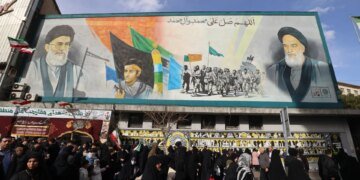Rising tensions between both sides have raised fears of a destructive, full-scale war, potentially involving thousands of attacks a day compared to the current dozens or scores
Cross-border air strikes, rocket and drone attacks between Israel and Lebanon’s Hezbollah continued into Monday, amid threats by both sides that a far bigger conflict could be looming.
A build-up of tensions between both sides has led to fears of a destructive, full-tilt war that could include thousands of attacks a day, compared to the dozens, sometimes scores a day now.
Even still, many residents of southern Lebanon say the situation already feels like full-scale war.
Israeli air strikes hit southern Lebanese border towns – Rab al Talatine, Kafr Kela, and Blida – overnight into Monday.
The night of heavy strikes followed the injury of 18 Israeli soldiers – one of them severely – in a Hezbollah-claimed drone strike in the Israel-occupied Golan Heights earlier on Sunday.
As hopes for a ceasefire in Gaza dwindle, so do hopes for one in Lebanon. Hezbollah and its allies have repeatedly conditioned a truce on one in Gaza. The powerful Iran-allied group opened the southern Lebanese front on October 8, in support of its ally Hamas in the Gaza Strip.
The cross-border conflict – a war that has so far remained contained mostly to the border area – has displaced tens of thousands of people from both sides of the frontier. Israeli officials have expressed concern that Israel’s citizens will feel unease with returning to northern communities so long as Hezbollah maintains a presence in southern Lebanon.
The Israeli war cabinet has approved an operational plan for a military offensive on Lebanon. Officials aim to push Hezbollah north of the Litani River.
For its part, Hezbollah has promised to use its full military capabilities if such an offensive were to take place, with the group’s leader Hassan Nasrallah promising “no restraint, no rules, and no ceilings”.
Over the weekend, Hezbollah ally and backer Iran warned that “all resistance fronts” – a coalition of Iran and its regional allies including Syria, Yemen’s Houthis and Iraqi militias – would join the confrontation in an “obliterating war” against Israel if the latter were to launch an offensive on Lebanon.
Iran has dismissed Israeli threats of a large offensive as “psychological warfare”.
While both sides have increased their war rhetoric, they have relatively scaled down their attacks in the last week. While the daily cross-border strikes between Israel and Hezbollah continue, they have largely remained contained.
The fighting has so far killed about 485 people in Lebanon, according to AFP – the vast majority of whom are Hezbollah fighters.
In Israel, at least 15 soldiers and 11 civilians have been killed.


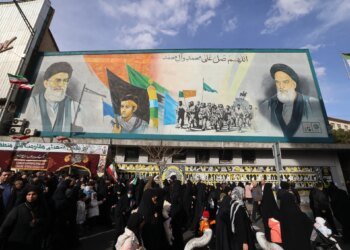
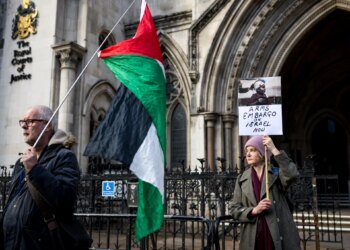
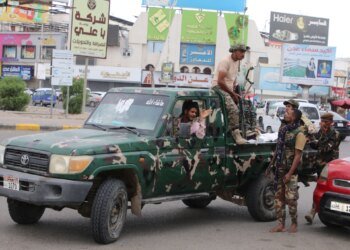

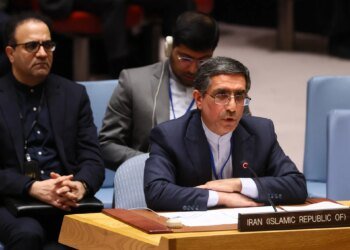


 United Arab Emirates Dirham Exchange Rate
United Arab Emirates Dirham Exchange Rate